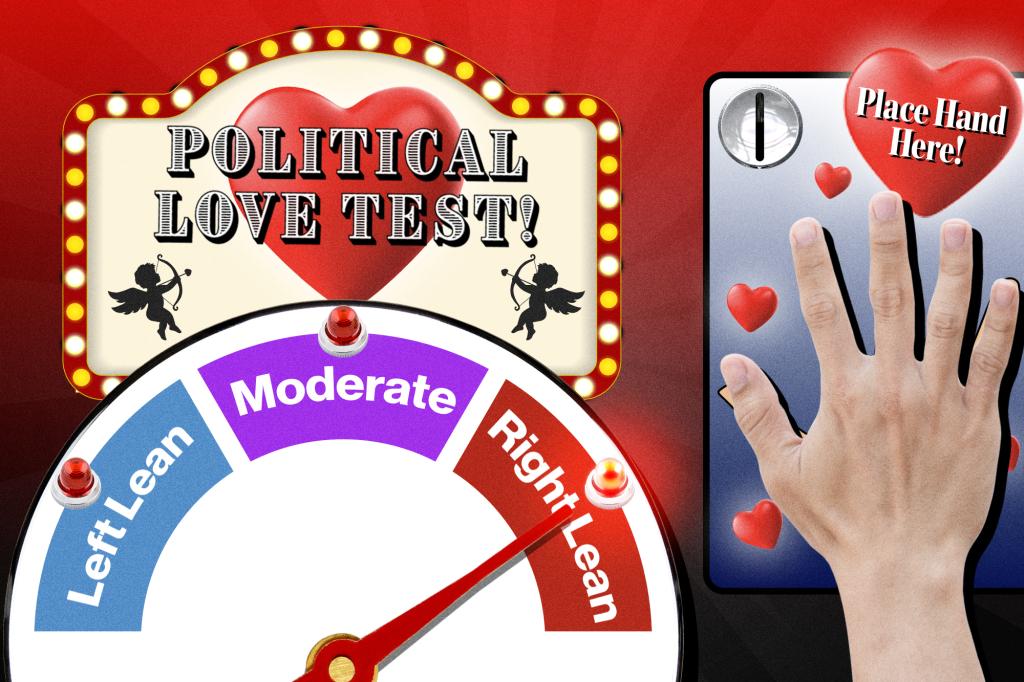Mr. ‘Right’ hasn’t got a chance with these women.
Ladies on either extreme of the political spectrum would rather stay single than compromise their politics, a new study found.
Women on the far-left were the pickiest, with 47% content to fly solo if their mate’s politics don’t align with their own, according to researchers from the University of Göttingen and the University of Jena in Germany, who analyzed responses from 13,257 single women in 144 countries through the Ideal Partner Survey.
Forty one percent of right-leaning women rated politics over partnership, according to the study, conducted in collaboration with the women’s health app Clue.
Moderates were far less likely to make politics a dealbreaker, with only 22% saying it was a top priority.
Conservative women leaned hardest on tradition, placing more value on religion, shared ethnicity, financial security and career success. Leftists care much less about traditional values of any kind, the researchers found.
There were some traits that did cross party lines, including kindness and supportiveness — with a caring partner non-negotiable, lead researcher Tanja Gerlach told The Post.
And short men might be out of luck. Nearly all women preferred taller partners, but conservatives rated it as especially important, giving height more weight than their liberal peers.
The findings, published in the Journal of Social and Personal Relationships, asked women aged 18 to 67 to rate qualities from looks and confidence to height, age and shared politics, religion and ethnicity.
They also scored their own politics on a 0-6 scale: 22% leaned left, 71% sat in the middle and just 7% leaned right.
“Couples assort on politics more than any other trait in the last 20 years,” said Penn State political science professor Pete Hatemi. “You’re more likely to have a long-term partner that you don’t find very attractive than one that has opposite political views on highly important topics.”
Hatemi added that women, often conservatives, who embrace traditional roles often want partners who share the same expectations about family life.
Dartmouth political scientist Sean Westwood said partisanship now signals far more than party preference. It has become shorthand for values like family, faith and community, and dating apps make it easier than ever to filter for ideology.
“Political affiliation reveals a great deal about a person’s character,” Westwood said. “To dismiss someone over their preference for a single candidate seems petty, but to do so based on what their partisanship implies about their broader worldview … is an entirely different matter.
“This alignment is a matter of selection, not indoctrination,” Westwood added. “The political right does not create traditionalists; it attracts them. The underlying values come first.”
Those values also bleed into relationships. Laura Nelson, a sociology professor at the University of British Columbia, said politics and romance are impossible to separate.
“Left vs. right is not just about who you will vote for,” Nelson said. “It’s tied to different — and competing — conceptions of morality. When you think about who you want to build a life with … it would be shocking if political beliefs were not correlated with partner preferences.”
Gerlach cautioned the data was collected in 2018 and mostly reflects women in wealthier Western countries, so the results may look different today.
Read the full article here
